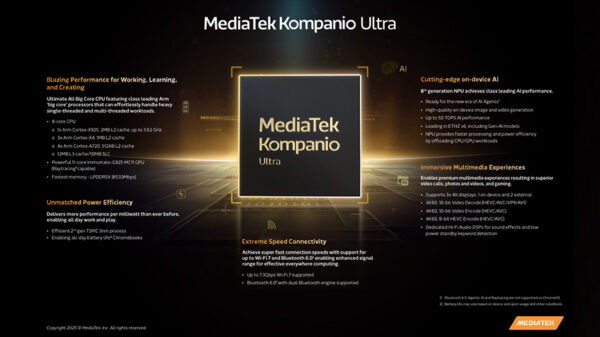The ease of finding information on the internet is hurting students’ long-term retention and resulting in lower grades on exams, according to a Rutgers University-New Brunswick study.
The study, published in the journal Educational Psychology, found that smartphones seem to be the culprit. Students who received higher homework but lower exam scores — a half to a full letter grade lower on exams — were more likely to get their homework answers from the internet or another source rather than coming up with the answer themselves.
“When a student does homework by looking up the answers, they usually find the correct answer, resulting in a high score on the assignment,” said lead author Arnold Glass, a professor of psychology at Rutgers-New Brunswick’s School of Arts and Sciences. “However, when students do that, they rapidly forget both the question and answer. Consequently, they transform homework from what has been, until now, a useful exercise into a meaningless ritual that does not help in preparing for exams.”
The research also found that while 14 percent of students scored lower on exams than homework in 2008, that number jumped to 55 percent in 2017 as the use of smartphones for homework has become more common.
Glass says when students read a homework question, they should think about it, generate the answer on their own and commit to that answer.
“If the student does this first and then finds the correct answer online, the student is likely to remember the answer, which will have a significant long-term effect on subsequent exam performance,” said Glass, whose goal was to determine when a student knows a particular fact, whether they remember it and can generalize it.
The study included 2,433 Rutgers-New Brunswick students in 11 different lecture courses. Over the 11-year period more than 232 different questions were created.
Working with co-author and graduate student Mengxue Kang, Glass and Kang’s study is a part of an ongoing project to use technology to monitor academic performance and to assess the effects of new instructional technologies, like smartphones and the Internet, on how students perform in school.











































































































